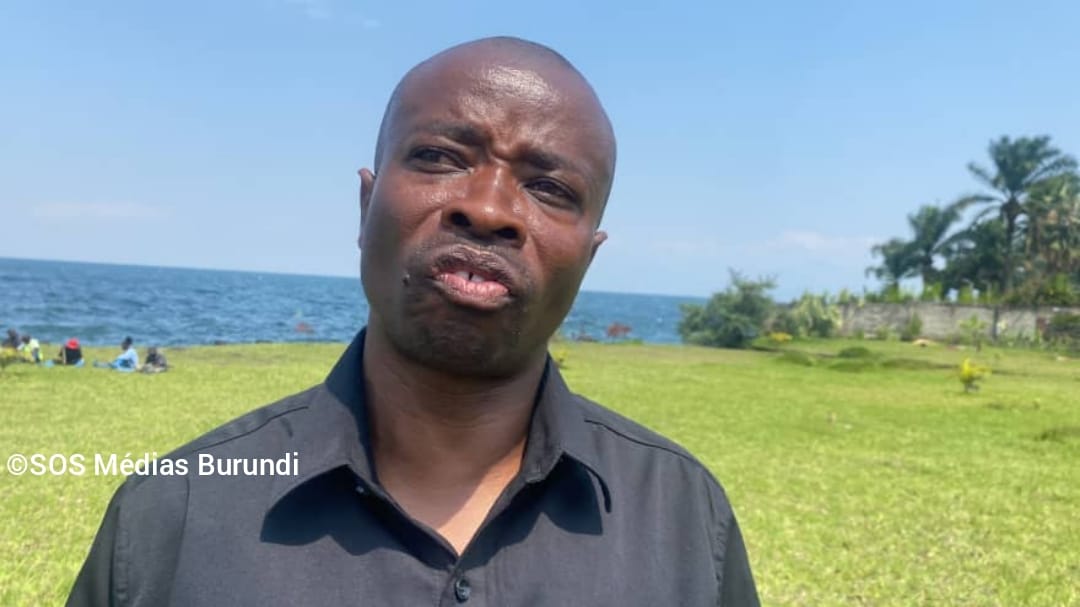North Kivu: Burundian citizen dismay after 30 years of refuge in Goma

The Goma city in the North Kivu province (eastern DRC) hosts several Burundians. Some have found refuge there since the 90s. They indicate they are facing serious problems, including social exclusion following war between the DRC and the M23. INFO SOS Médias Burundi
Burundians fled repetitive crises in the small East African nation. Based in the city of Goma (capital of North Kivu), they report experiencing many difficulties following the security situation in the east of the DRC.
“I arrived here with my family in 1992 after two years in South Kivu. During all these years, we had good relations with the Congolese,” says Aline Nahimana.
However, she indicates, the situation has become so hard with the growing insecurity in the east of the DRC.
“Firstly because we speak Kirundi and our language is very similar to Kinyarwanda, we are often confused with Rwandans,” she explains.
Social exclusion…
While the east of the DRC is insecure due to war between the Congolese army and its allies on one side and the M23 and its supporters on the other, Burundians living in the region say they are experiencing a difficult situation.
« As Rwanda is accused of supporting the M23, we are confused with Rwandans. And we are really insecure. The situation becomes complicated when it comes to asking us for our identity documents. They expired several years ago. Just imagine « there are people who were born here. They are in their thirties. We are asking the Congolese authorities to collaborate with the UNHCR to ensure our security by providing us with updated documents, » say other Burundians, contacted by SOS Médias Burundi.
They talk about the discrimination they face on a daily basis.
« As I was about to start another job in Mugunga, the new employer heard me speaking Kirundi. He immediately turned me away from the job indicating that he can no longer hire a spy from Rwanda » he put.
» That’s a chance, because that could have been even worse. I would have died,” says another Burundian.
For those who do not have updated identity documents, it is difficult for them to move around certain areas of the city of Goma. They say « we risk being mistaken for Rwandans and our fate would be uncertain. Rwandans are not welcome here. »
They regret this confusing situation whereas « when we arrived here in the 90s, we were well received by the Congolese. We felt at home, they helped us a lot and cohabitation was good. »
According to UNHCR statistics, the DRC has more than 300,000 refugees from countries in the sub-region such as Uganda, Kenya, Tanzania, Rwanda and Burundi.

